The horror of the 2015 Paris attacks helped to shape migration policy, fuelled divisions, and led to a Europe where security and border controls are the new normal
Today, Paris commemorates 10 years since the devastating terror attacks that wrought a trail of death and destruction across the French capital.
On 13 November, 2015, Islamist gunmen and bombers killed 130 people, as well as themselves, and injured hundreds more when they struck the Bataclan concert hall, the Stade de France stadium as well as cafés and bars, sending shockwaves across France and Europe.
However, the attacks also sent slower, more long-term ripples through European politics, including in Britain, shaping migration policy, fuelling divisions, and helping to forge a climate of anxiety in which security and border controls have become the new normal.
The attack marked a turning point in Europe’s struggle with terrorism. In its immediate aftermath, one of the major consequences was the effect on migration. The killings came just a few months after a summer in which more than a million refugees arrived in Europe from war-torn countries.
Across the continent, cross-border flows, asylum seekers, refugees and free movement were increasingly linked to security risks. They fed a narrative that borders were failing to prevent hostile forces from assaulting communities from within. A growing body of research shows that terror incidents feed stronger negative attitudes to migration – fear of “the outsider” becomes a political lever.
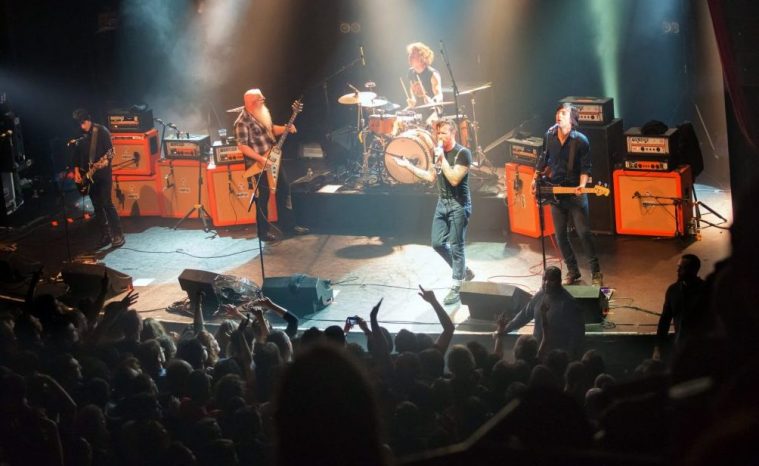
In practice, this meant that France, Germany, Britain and the rest of Europe doubled down on two fronts: heavier counter-terror regimes and tougher migration policies.
The UK’s “hostile environment” immigration regime, launched a few years earlier, gained new legitimacy as politicians invoked national security and community cohesion to justify ever-stricter controls.
In the European Union, migration dominated the policy agenda as leaders scrambled to sign controversial deals with countries like Turkey, which were paid to keep migrants in asylum camps and prevent them from heading to European shores.
The EU pushed new measures for information sharing, radicalisation prevention and public-space protection. In the UK, billions were spent on border policing, asylum infrastructure and counter-terror policing. The strategic consequence was to widen the cost base: huge security budgets, intensified border checks, extended surveillance and migrant-processing systems.
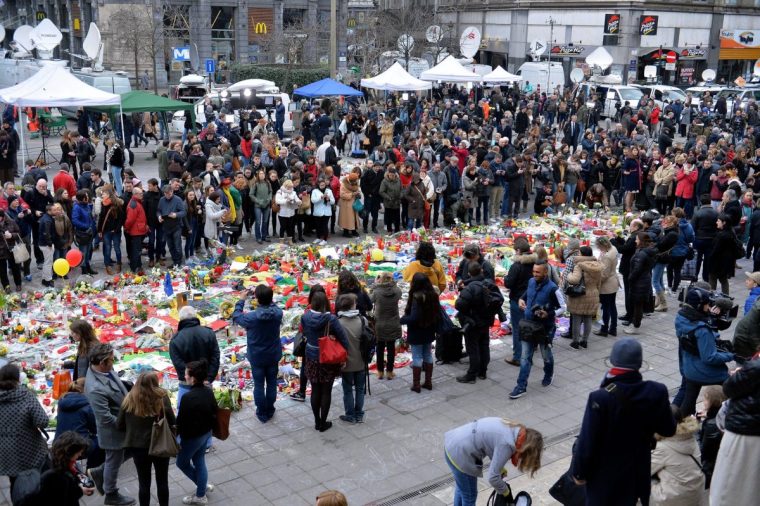
“Migration has more and more become perceived through a security lens, so whether it’s about allowing people to come here who could potentially be radicalised and then perform terrorist attacks,” says Hanne Beirens, a professor at the College of Europe, “the security component has become one of the most primordial criteria to determine what needs to be done, what is problematic, more than the humanitarian component.”
When Brussels was bombed in March 2016 by the same cells as those behind the Paris attacks, it added to the sense of urgency (in Brussels, authorities introduced lockdowns after the attacks, a precursor to pandemic measures just a few years later).
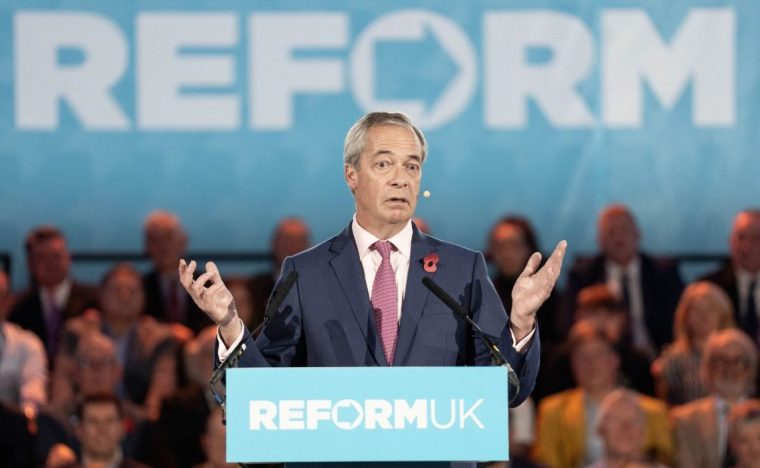
As populist and anti-immigration parties seized the agenda, there was another consequence in the UK. Just seven months after the Paris attacks, the Brexit referendum delivered a mandate to leave the EU – in part because of concerns over migration, external borders, sovereignty and perceived threats. While Brexit cannot be reduced to terrorism and migration fears alone, the post-Paris climate helped embed the story that Britain must “take back control” of borders and protect its people.
Since then, anti-immigrant parties have surged across Europe, and have been part of governments in Italy, Austria, the Netherlands, Hungary, Czechia, Slovakia and Poland – and currently lead in polls in France, Germany and Belgium.
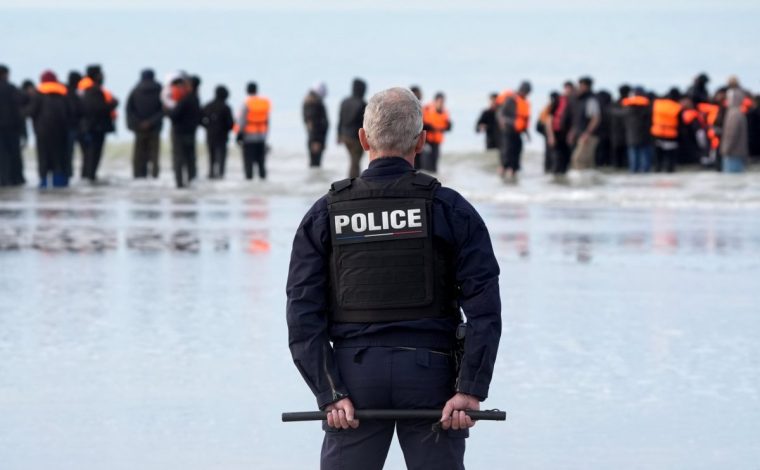
The culture that followed has created continuing challenges in Britain. Rows over migrant boats crossing the Channel and asylum hotels remain a political pressure point. National policy continues to oscillate between humanitarian commitments and hardline deterrence. The reverberations of the post-Paris era remain embedded in the UK’s approach to asylum, integration and border enforcement.
British society bears the scars of the fear culture. Platforms for far-right mobilisation have grown, with parties such as Nigel Farage’s Reform UK, which has campaigned on anti-immigration, anti-Muslim and nationalist themes, storming ahead of the centrist parties in the polls.
Even further to the right is Tommy Robinson, founder of the English Defence League, which might be a marginal political force but for the fact it enjoys the support of the world’s richest man, Elon Musk. In September, Robinson – whose real name is Stephen Yaxley-Lennon – attracted more than 100,000 people to a rally in London. Many protesters expressed concerns about immigration, among other issues.
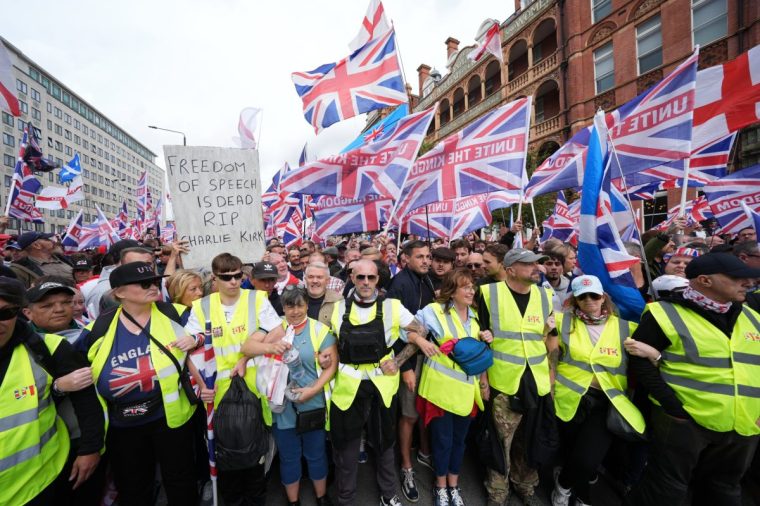
Islamophobic incidents are rising, with a reported surge in anti-Muslim assaults in recent years. These trends underscore not just an economic or policy problem, but a deeper social fracture, dividing communities, eroding trust and empowering extremes.
Benoît Gomis, from University of Toronto’s Munk School of Global Affairs and Public Policy, said “the rise in anti-Muslim sentiments and other types of bigotry and racism, societal tensions, and the political crisis we’re going through at the moment can partly be traced back to 13 November, 2015”.
Your next read
“The political centre of gravity, particularly in France but also in other parts of Europe, has shifted to the right,” he added. “Certain security, identity, and immigration policies – and indeed political statements – once only dreamt of or pushed by marginal, far-right parties – have slowly become more mainstream.”
The Paris attacks may have struck in France, but the aftershocks were felt in the UK. The fusion of terror-response and migration-management has helped build a culture of fear, cost billions in security and border-control, and fuelled the advocacy of isolation and division. A decade on, we are still living with the consequences: more fences, more checks and a more polarised society.
